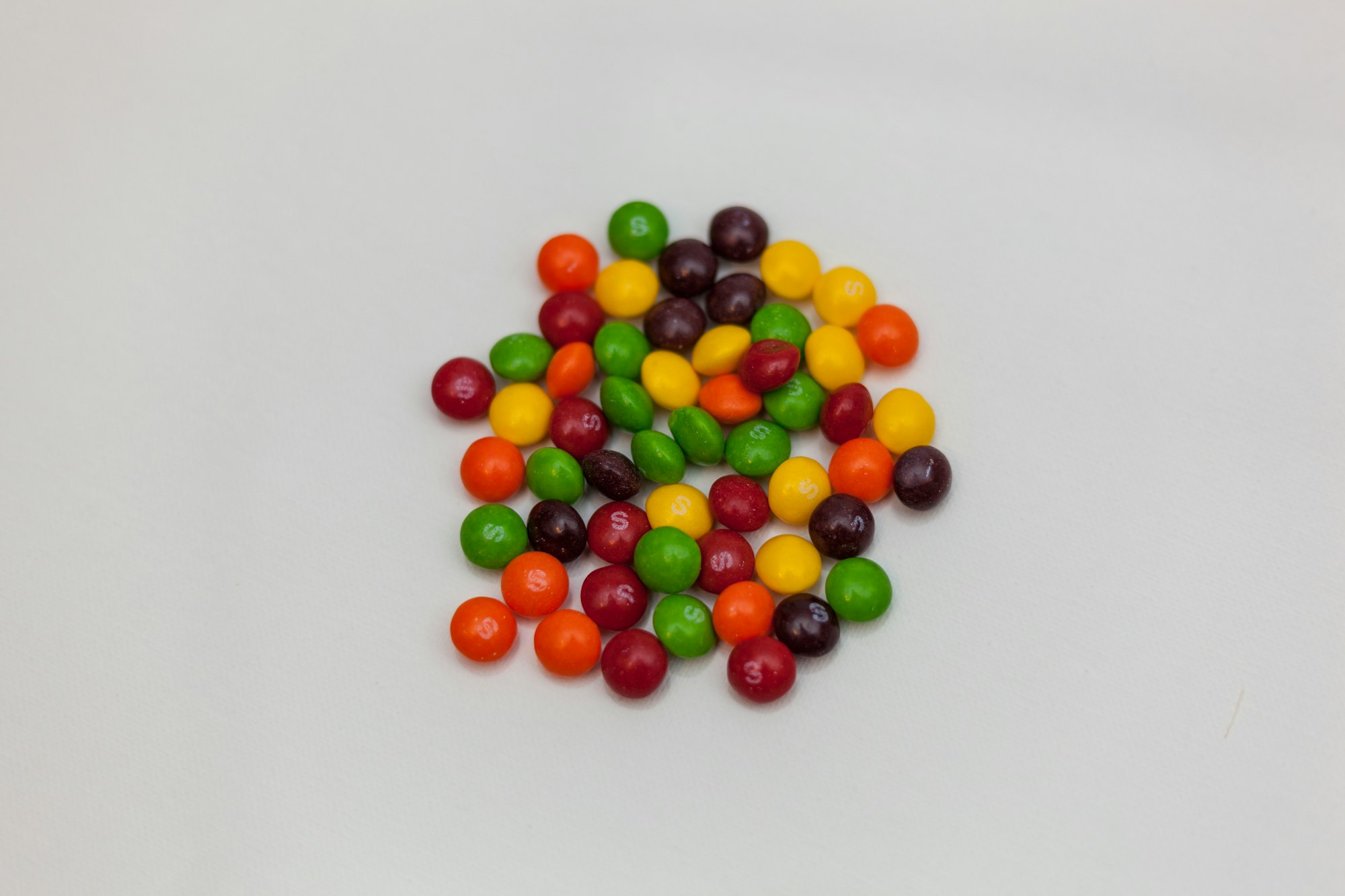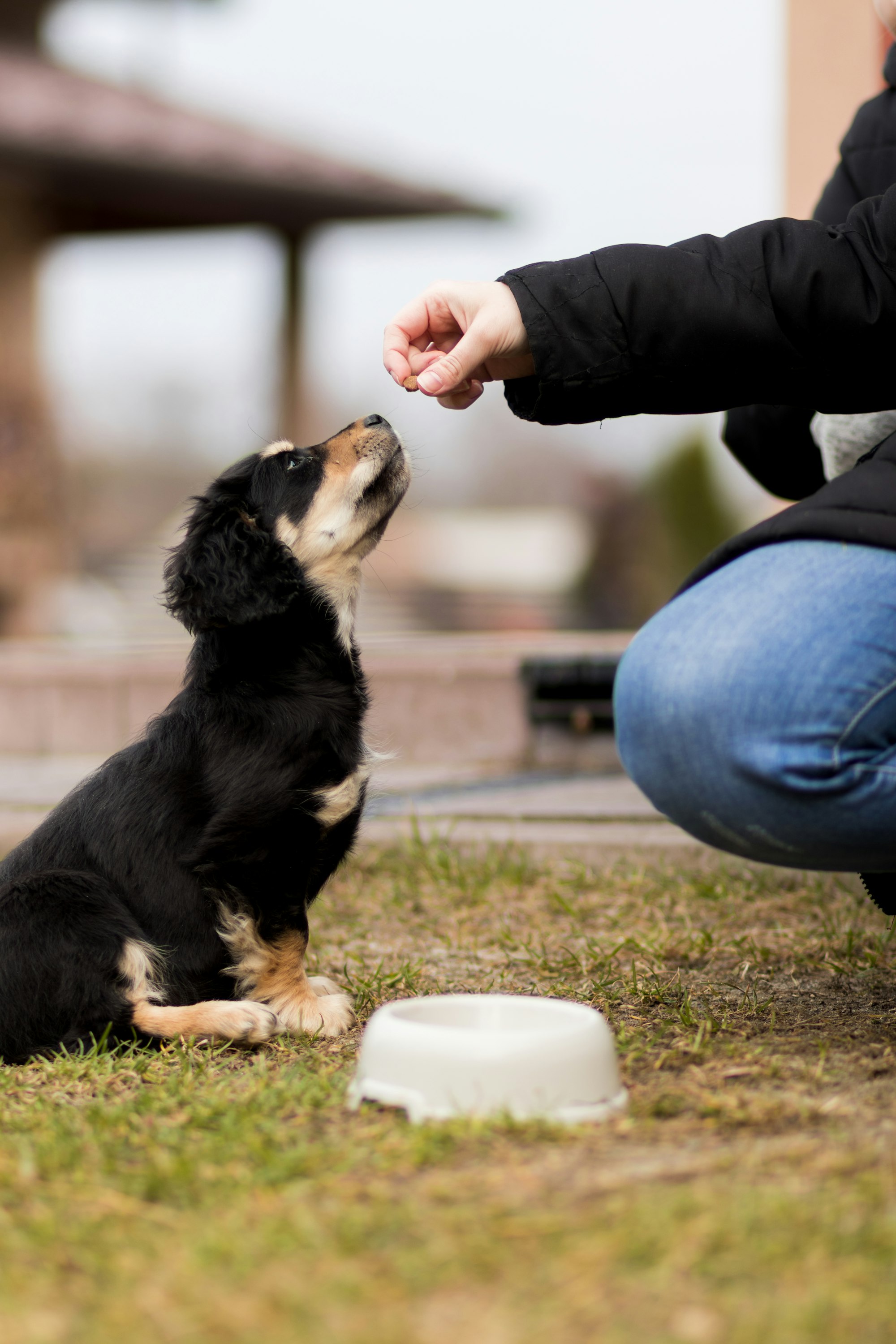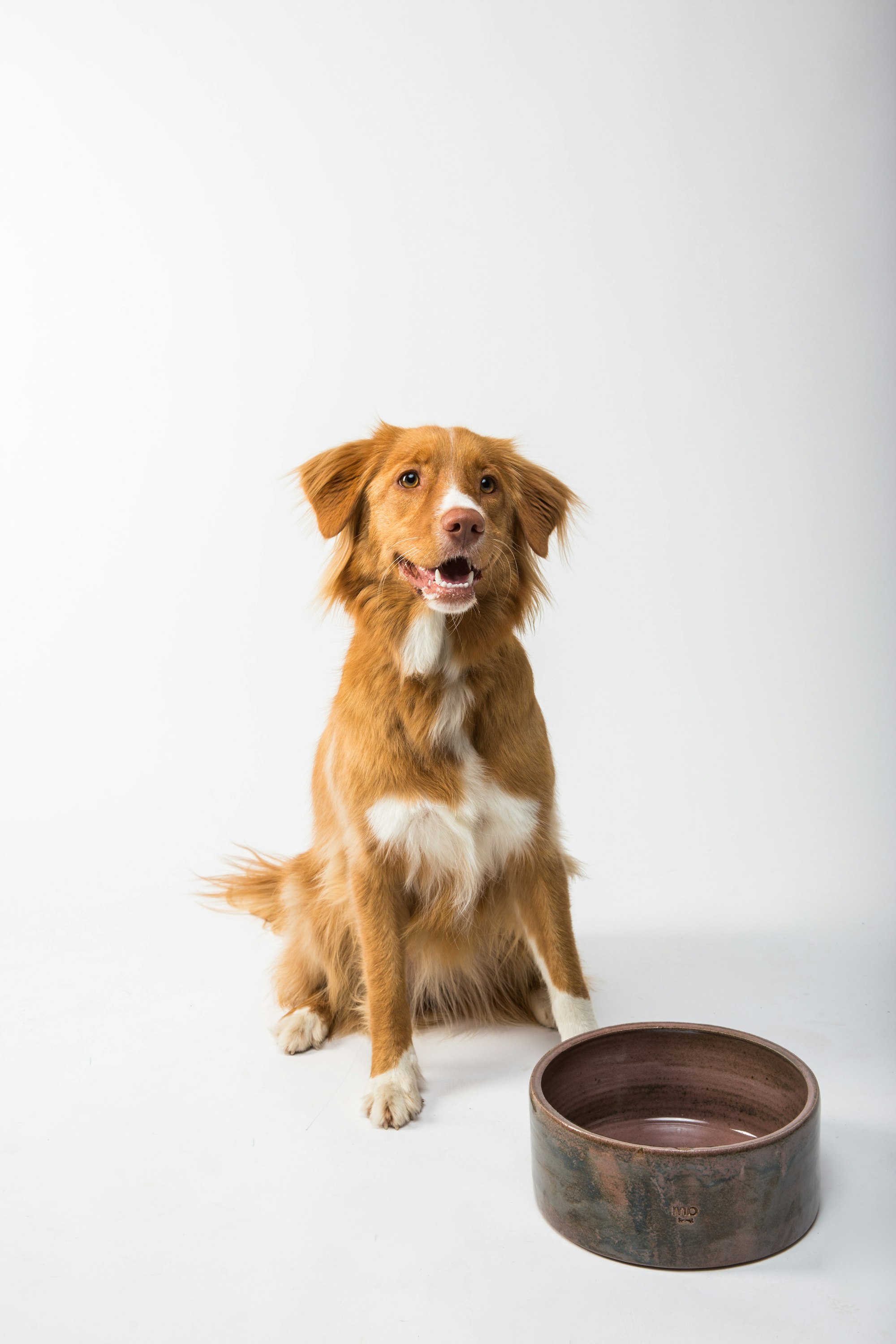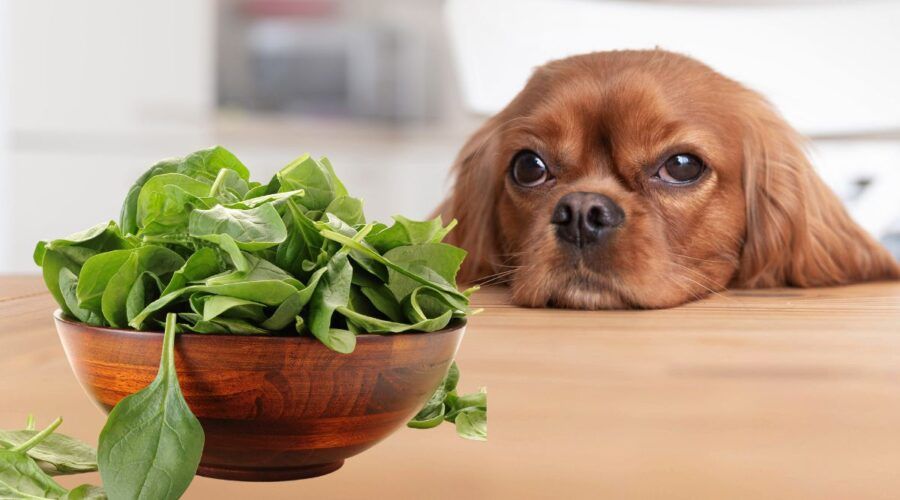Many dog owners may wonder if it is safe to share a tasty treat like Skittles with their furry companions. It is essential to understand that certain human foods can be harmful or even toxic to dogs. When it comes to Skittles, it is best to refrain from feeding them to your canine friend.
Key takeaway:
- Skittles may be harmful for dogs: They contain high sugar content, artificial ingredients, and pose a potential choking hazard.
- Possible consequences of dogs eating Skittles: Upset stomach, diarrhea, vomiting, and potential pancreatitis.
- Safe alternatives for dogs to enjoy as treats: Dog-specific treats, fruits and vegetables, and peanut butter are better options.
Can Dogs Eat Skittles?
Curious about whether your furry friend can indulge in a sweet and colorful treat like Skittles? Let's delve into the topic of dogs eating Skittles. We'll start by exploring the ingredients in Skittles and how they may impact our canine companions. Get ready for some surprising facts and find out if these delectable candy-coated bites are suitable for your four-legged buddy!
Checking the Ingredients in Skittles
To determine if dogs can eat skittles, it is vital to review the ingredients. The table below provides information on skittles' ingredients and their effects on dogs.
| Ingredient | Potential Effect on Dogs |
|---|---|
| Sugar | High sugar content can cause weight gain, dental issues, and increase the risk of diabetes. |
| Artificial Flavors and Colors | May lead to digestive upset and allergic reactions in dogs. |
| Hydrogenated Palm Kernel Oil | Contributes to obesity and pancreatitis in dogs. |
| Wheat | May cause allergies or digestive issues in dogs with sensitivities. |
| Gelatin | Derived from animal collagen, gelatin may cause digestive issues if consumed excessively. |
Prioritize your dog's health by avoiding skittles, which contain high sugar content, artificial ingredients, and potential allergens.
Remember to consult a veterinarian before adding new foods to your dog's diet, especially those not specifically formulated for dogs. Provide your furry friend with safe and appropriate treats that promote their well-being.
Why Skittles May Be Harmful for Dogs?
When considering the dietary safety for our furry companions, it's essential to discern which foods align with their well-being. Skittles, a popular candy, raise questions about their appropriateness for dogs. In delving deeper into this topic, we'll uncover concerns like the candy's elevated sugar levels, the incorporation of artificial substances, and the choking risks they may present.
Additionally, understanding dog communication can further alert us to any discomfort or issues our pets experience after consuming such items. In essence, skittles might not be an ideal indulgence for our cherished canines.
Artificial Ingredients
Artificial ingredients in Skittles harm dogs and should be avoided due to the following reasons:
- Chemical additives: Skittles contain Red 40, Yellow 5, and Blue 1, which can cause allergic reactions and hyperactivity in dogs.
- Artificial sweeteners: Skittles contain corn syrup and high fructose corn syrup, leading to weight gain, diabetes, and dental issues in dogs.
- Preservatives: Skittles often have BHT and TBHQ, linked to liver damage and gastrointestinal problems in dogs.
- Artificial flavors: Skittles can cause digestive upset and allergic reactions in dogs due to their artificial flavors.
- Unknown ingredients: Skittles may have undisclosed artificial additives or ingredients. It's best to avoid these substances for your dog's safety.
For the well-being of your dog, especially during times of seasonal shedding, it's advisable to opt for natural, dog-specific treats over candies laden with artificial components. Consider offering wholesome alternatives like fruits, vegetables, or peanut butter. If there are doubts or concerns about your dog's diet or the potential dangers of specific foods, always consult with your veterinarian.
What Happens If a Dog Eats Skittles?
Ever wondered about the repercussions if your furry pal gets their paws on some Skittles? In this segment, we'll delve into the possible outcomes of dogs feasting on these vibrant treats. The aftermath can range from a mere upset tummy to severe ailments like diarrhea, vomiting, and even the dreaded pancreatitis. Moreover, for breeds prone to brachycephalic syndrome, any digestive disturbance can exacerbate their breathing challenges. So, let's dive in and discover what mischief can unfold when dogs encounter skittles!
Upset Stomach
When dogs consume Skittles, they might experience an upset stomach due to the elevated levels of sugar present. The excessive sugar content can result in gastrointestinal discomfort and irritation. Skittles contain artificial ingredients such as food dyes and flavors, which can exacerbate stomach upset in canines. These artificial components pose a challenge for a dog's digestive system, potentially leading to digestive issues.
When a dog consumes Skittles, it might result in digestive disturbances, with signs including nausea, abdominal discomfort, diarrhea, and vomiting, as their system tries to expel the unwanted ingredients. In more extreme scenarios, Skittles intake can lead to pancreatitis, marked by pancreas inflammation and sharp abdominal distress. In these instances, aside from seeking veterinary care, dog probiotics might be recommended to restore gut health and balance.
If you suspect that your dog has consumed Skittles and is experiencing an upset stomach, it is important to reach out to your veterinarian for guidance. They can provide advice on alleviating the discomfort and monitoring your dog for any potential complications.
To prevent upset stomachs in dogs, it is advisable to completely refrain from giving them Skittles. Instead, opt for safer alternatives such as dog treats, fruits, vegetables, or xylitol-free peanut butter. These options not only taste good but also promote a content and healthy digestive system for your beloved canine.

Diarrhea
Diarrhea is a potential consequence of dogs eating Skittles. This should be avoided because:
- Skittles have a high sugar content, which can upset a dog's digestive system and cause diarrhea. Dogs cannot process sugar as efficiently as humans can.
- Skittles contain artificial colors, flavors, and preservatives that can irritate a dog's stomach and cause digestive issues, including diarrhea.
- Excessive sugar consumption from Skittles can increase the risk of pancreatitis in dogs, which can lead to diarrhea and other symptoms.
If your dog experiences diarrhea after eating Skittles, take the following actions:
- Monitor your dog's condition and ensure they have access to plenty of fresh water for hydration.
- Temporarily switch their diet to bland foods like plain boiled chicken and rice to soothe their digestive system.
- If the diarrhea persists or worsens, consult with a veterinarian for guidance and treatment.
Possible Pancreatitis
Dogs can develop Possible Pancreatitis from consuming high-fat foods like Skittles. These seemingly innocent candies can have serious consequences for your furry friend. Here's what you need to know:
1. Pancreatitis risk: Dogs are at risk of Possible Pancreatitis when they eat high-fat foods, including Skittles. The high sugar and fat content in Skittles can cause inflammation of the pancreas.
2. Symptoms: If your dog gets Possible Pancreatitis, they may vomit, have diarrhea, abdominal pain, lose appetite, and be lethargic. Monitor your dog closely if they eat Skittles or other high-fat foods.
3. Severity: Possible Pancreatitis can range from mild to life-threatening. Seek veterinary care if you suspect Possible Pancreatitis or notice concerning symptoms.
4. Treatment: Treatment involves hospitalization, IV fluids, pain management, and a specialized diet. Severe cases may need more intensive care.
5. Prevention: To prevent Possible Pancreatitis, avoid feeding your dog high-fat and sugary foods like Skittles. Stick to a balanced and healthy diet made for dogs.
A friend unknowingly gave their dog a few Skittles as a treat, which led to Possible Pancreatitis. The dog had to be hospitalized and required intensive treatment. It taught us the importance of being mindful of what we feed our pets, even in small amounts.
Remember, the risk of Possible Pancreatitis is real. Always prioritize your dog's health by giving them safe treats specifically made for dogs.

What to Do If Your Dog Eats Skittles?
If your dog eats Skittles, it is important to take immediate action in order to ensure their safety and well-being. Here are the steps you should follow:
- Remove any remaining Skittles: To prevent further consumption, try to remove any remaining Skittles from your dog's vicinity.
- Assess the situation: Evaluate the quantity of Skittles that your dog has ingested. If it was only a few pieces, the risk may be minimal. If your dog ate a significant amount, it could be harmful.
- Contact your veterinarian: Reach out to your veterinarian and provide them with all the necessary details, including the number of Skittles consumed, the size of your dog, and any symptoms they may be experiencing.
- Follow the veterinarian's advice: The veterinarian will provide you with specific instructions based on your dog's condition. They may recommend inducing vomiting, monitoring your dog for any adverse effects, or bringing your dog in for examination.
- Observe your dog closely: Keep a close eye on your dog for any unusual symptoms such as vomiting, diarrhea, lethargy, or changes in behavior. If you notice anything concerning, contact your veterinarian immediately.
- Prevent future incidents: Take measures to avoid similar incidents in the future. Keep Skittles and any other potentially harmful substances out of your dog's reach.
Safe Alternatives for Dogs to Enjoy as Treats
Looking for safe alternatives for your furry friend to enjoy as treats? Look no further! In this section, we'll explore a variety of options that are both delicious and suitable for dogs. From specially made dog treats to the natural goodness of fruits and vegetables, we've got you covered. And if your pup has a penchant for peanut butter, we'll discuss how it can be a tasty and healthy option too. Get ready to pamper your canine companion with some delectable alternatives!
Dog-Specific Treats
When treating your dog, it's important to choose treats made specifically for them. Here are some options for dog-specific treats:
- Training treats: Use these small, bite-sized treats for rewarding your dog during training. Look for low-calorie treats that are easy to break into small pieces.
- Dental chews: These treats promote good oral hygiene by reducing plaque and tartar build-up. Choose treats specially formulated for dental health.
- Joint supplements: Some treats contain ingredients like glucosamine and chondroitin to support joint health, particularly in older dogs or those with joint issues.
- Natural treats: If you prefer treats made from natural ingredients, there are many options available. Look for treats made with real meat, fruits, and vegetables.
Choosing dog-specific treats is important because they meet dogs' nutritional needs and taste preferences. Regular human treats may contain harmful ingredients like chocolate or xylitol. Dog-specific treats promote good health and well-being.
When selecting treats, always read the ingredients list and avoid artificial additives or preservatives. Consult with your veterinarian for recommendations based on your dog's specific health needs.
Remember, treat your dog in moderation. While treats can be a fun way to bond, they should not make up a large portion of their diet. A balanced diet and regular exercise are key to your dog's happiness and health.
So, for treating your dog, choose dog-specific treats tailored to their needs and preferences. Your furry friend will thank you for it!
Fruits and Vegetables
Feeding your dog fruits and vegetables, such as apples, carrots, blueberries, sweet potatoes, and pumpkin, can benefit their health. These options provide vitamins, minerals, and dietary fiber, which are essential for a well-rounded diet. It is important to introduce these new foods gradually and monitor for any allergies or digestive issues. Before feeding, make sure to wash the fruits and vegetables thoroughly. By incorporating these fruits and vegetables into your dog's diet, you can provide added nutrients and variety.

Peanut Butter
Dogs can safely consume peanut butter if it only contains peanuts or peanuts with a small amount of salt. Peanut butter with high sugar content should be avoided, as excessive sugar consumption is not healthy for dogs. It is important to check the ingredient list for harmful substances like xylitol or preservatives, as they can be toxic to dogs.
When giving peanut butter to dogs as a treat, it is recommended to do so in moderation due to its high-fat content. While peanut butter can provide dogs with protein and healthy fats, overconsumption can lead to weight gain or digestive issues. It is essential to remember that peanut butter should not replace a complete and balanced diet for dogs.
Expert Opinion: Can Dogs Eat Candy?
Wondering if it's safe for your furry friend to indulge in some sweet treats? Let's dive into the expert opinions on whether dogs can eat candy. We'll start by exploring Dr. Gary Richter's stance on the matter. Get ready to discover valuable insights and gain a better understanding of the potential risks and considerations surrounding dogs and candy consumption. Buckle up, pet owners – we're about to separate fact from fiction!
Dr. Gary Richter's Opinion
Dr. Gary Richter's opinion is clear - he advises against giving Skittles or any other candy to dogs due to the potential health risks they pose. The high sugar content in Skittles can lead to obesity and dental problems for our furry friends.
Moreover, Dr. Richter cautions about the presence of artificial ingredients in Skittles, which can cause gastrointestinal upset and even pancreatitis in dogs. To ensure our dogs stay safe and healthy, it is best to stick to dog-specific treats formulated for their nutritional needs.
We can consider offering alternatives such as fruits, vegetables, or peanut butter in moderation. By taking these precautions, we are prioritizing our dogs' overall well-being and longevity.
Some Facts About Can Dogs Eat Skittles?
✅ Skittles are not toxic to dogs, but they contain large amounts of processed sugars and food colors that can be harmful. (Source: Our Team)
✅ Dogs should not be fed large amounts of Skittles as they can cause vomiting and diarrhea. (Source: Our Team)
✅ The amount of Skittles that can be dangerous for a dog depends on its size and body weight. (Source: Our Team)
✅ The candy wrapper of Skittles can be dangerous as it can cause choking or intestinal obstruction in dogs. (Source: Our Team)
✅ Regularly feeding dogs sugary treats like Skittles can lead to obesity, dental problems, and metabolic and hormonal disturbances. (Source: Our Team)
Frequently Asked Questions
Can dogs eat Skittles?
Sugar is generally unhealthy for dogs, but a small amount of Skittles is unlikely to harm them. It's important to check the ingredients before giving any type of candy to your pet, as candies that contain xylitol, chocolate, or raisins can be deadly for dogs. Skittles have minimal nutritional value and are not the best option for dogs, but as an occasional snack, they pose few risks unless the dog's health is already compromised.
What are the risks of dogs eating Skittles?
If a dog eats Skittles, watch out for symptoms of increased blood sugar such as vomiting, diarrhea, and loss of appetite. The candy wrapper itself can also be dangerous, as it can cause choking or intestinal obstruction. Regularly feeding your dog Skittles or other sugary treats can lead to obesity, dental problems, and metabolic and hormonal disturbances. It is important to schedule a vet appointment if your dog has been eating Skittles.
How much Skittles is dangerous for a dog?
The amount of Skittles that would be dangerous for your dog depends on its size. Even a few pieces can make a small dog very sick, while a larger dog may be able to tolerate more. It is always better to take your dog to the vet if they have eaten Skittles, as they can make your dog sick. If your dog is choking, perform the Heimlich maneuver and take it to the vet immediately.
Can dogs eat other types of candy or sugary treats?
Sugary products are generally safe for dogs in small quantities, but overeating can cause vomiting and diarrhea. Some candies like candy corn, sour candy, Starburst, Smarties, Blow Pops, and Jolly Ranchers are safe for dogs in quantities less than 10 grams. Candies like Almond Joys, Reese's, M&Ms, Snickers, Kit Kats, Twix, Tootsie Rolls, and Milky Ways are dangerous in larger quantities. Bubble gum (mostly containing xylitol), dark chocolate, and raisins are unsafe for dogs in any quantity.
What should I do if my dog eats Skittles?
If you suspect your dog has eaten Skittles, look out for symptoms such as vomiting or loose stools. It is recommended to take your dog to the vet if they have ingested Skittles to ensure their safety. The vet will be able to provide appropriate medical care and assess any potential risks or complications.
How can I prevent my dog from eating candy?
To prevent your dog from eating candy or other potentially harmful items, it is important to keep all dangerous items out of their reach. Store candy in a secure location, such as a closed cabinet or pantry. If you have naughty pets who tend to steal candy, it's best to avoid leaving candy unattended, especially in easily accessible places. It is also important to educate yourself about safe and dangerous foods for dogs, including common snacks and fruits, by referring to articles and expert opinions on the matter.
Conclusion:
After examining the ingredients and potential risks associated with feeding Skittles to dogs, it is clear that these candies are not suitable for canine consumption. The high sugar content can contribute to obesity and dental problems, while artificial colors and flavors might cause digestive upset.
Most concerning is the potential for xylitol, an artificial sweetener found in some candies, which is highly toxic to dogs. Even if Skittles does not contain xylitol, it's always better to err on the side of caution. Therefore, to ensure the health and well-being of our furry friends, it's best to keep Skittles and similar candies out of their reach and stick to dog-approved treats.





